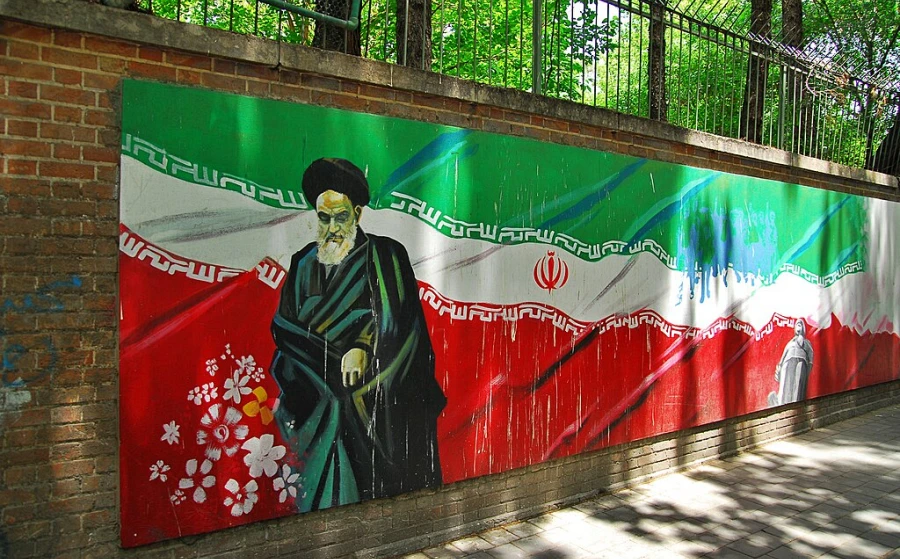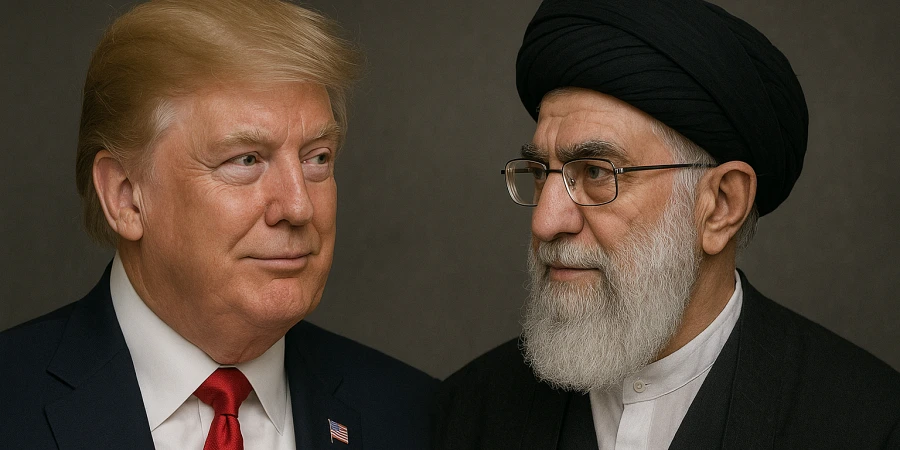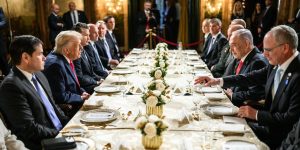
What can business leaders learn from the recent U.S. airstrike in Iran?
More than you might expect—and not just about geopolitics.
At its core, this moment reveals what high-stakes negotiation really looks like: shaping perception, navigating
asymmetrical values, and influencing outcomes—without always saying a word.
This isn’t just a story of military action. It’s a story about shaping reality, navigating cultural divides, and truly understanding the other side’s worldview.
And if you lead a global team, run a company, or negotiate sensitive agreements – this moment holds a powerful lesson for you.
War room or boardroom – one truth remains:
If you don’t grasp the other side’s worldview, you’re negotiating blind. And if you can’t step into their perspective – if you don’t know how to apply power strategically to shape the playing field – your ability to reach meaningful agreements is at risk.
When the U.S. targeted Iran’s nuclear facilities, many saw it as a calculated military operation.
But in truth, it was a strategic statement – not traditional diplomacy, but a different kind of negotiation. One that rewrites the rules.
Power Without Words
The strike wasn’t merely a response. It was a sharp, timely, and deliberate move designed to signal, most of all to Iran, that the negotiation table had changed. The rules had shifted. It was a declaration: American patience is running out. Not to ignite war, but to force a new reality.
One in which Iran must choose between deepening escalation and renewed isolation, or reopening dialogue on a different basis – after recent developments on the ground have set it back decades, returning it to a point where everything is once again open for negotiation.

In this sense, the use of force became a negotiation tool. Not to silence talks – but to redefine them. Not to prove who’s “right,” but to say: “the old paradigm no longer applies.”
Sometimes, a precisely executed strike – limited in scope, but clear in intention – can shift perceptions more effectively than a thousand hours of dialogue.
This isn’t just a geopolitical story. It’s a real-time case study on cultural gaps in negotiation, asymmetric values, and perceptual design.
And for global leaders, it’s a wake-up call: not everyone at the table plays by the same logic.
Washington often thinks in quarters. Tehran thinks in centuries.
While the White House focuses on results, achievements, and market stability, Iran’s Supreme Leader, Ali Khamenei, operates on an entirely different calendar: spiritual, historical, and theological.
When facing demands for “unconditional surrender,” he doesn’t consult only military or policy advisors. He turns to the ethos of Shi’a Islam, and specifically to the legacy of Hussein ibn Ali.
In 680 CE, at the Battle of Karbala, Hussein, grandson of the Prophet Muhammad, stood before a moral choice: surrender and survive, or die with honor.
He chose death, declaring: “Hayhat minna al-dhilla” – “We will never live in humiliation.” That ethos still shapes Iran’s strategic mindset today. Compromise with an enemy is not seen as strategic – it is perceived as moral betrayal. Western logic doesn’t always translate.
Executives negotiating with counterparts from different cultural and ideological frameworks must remember:
Our logic isn’t universal. What seems like a “perfect deal” to us may be viewed as offensive or dishonorable when it collides with deeply rooted values.
The myth of Win-Win
Western business culture is built around the “win-win” ideal: shared interests, growing the pie, mutual gain.
But in certain cultures – especially Iran – victory is not measured in profit, but in dignity.
The objective may not be maximizing gains, but avoiding shame, maintaining identity, and never appearing to surrender.
When Western diplomats offer sanction relief in exchange for halting the nuclear program, they speak the language of pragmatism and economics. But what Tehran hears is humiliation.
See the table from the other side
One of the most common failures in negotiation – whether in business, politics, or diplomacy – is the refusal to step outside our own frame.
But when one side is thinking in terms of flexibility, efficiency, and gain – and the other is thinking in terms of faith, honor, and legacy – even the most rational proposal may land as an insult.
In the Iranian case, our logic simply isn’t theirs. Which leads to a critical question: how do you offer your counterpart a way down from the tree, without demanding they climb yours?
Build the Strategic Bridge for Exit
In successful negotiations, pushing forward isn’t enough. Sometimes, you need to think strategically about how to give the other side an honorable exit. In Iran’s case, that exit likely won’t happen through direct dialogue with the U.S. But it might happen through strategic intermediaries – most notably Turkey and Russia.

Turkey occupies a unique position: a Muslim, non-Arab nation, not fully aligned with the West, and not an enemy of Iran.
Ankara and Tehran maintain steady dialogue, grounded in overlapping economic, security, and ideological interests – despite underlying competition.
Russia, meanwhile, has cultivated close ties with Iran, especially in military and energy cooperation – while maintaining maneuverability to be seen as an independent player, not bound to the West.
This allows both countries to offer Iran an alternative pathway, one that could return it to the negotiating table without appearing to submit to Western pressure.
They can offer a new framework that Tehran can rationalize as an internal strategic pivot, not as a retreat or humiliation.
While regional powers like Turkey and Russia offer alternative frameworks, it was Qatar that played the most immediate and tangible role as mediator between Iran and Israel in the critical hours following the strike.
In business terms, this is the core of smart leadership:
Negotiations aren’t always won with a better proposal. Sometimes they’re won by building the other side a worthy bridge.
Real leadership isn’t just about projecting power.
It’s about recognizing when flexible framing – when helping the other side save face – can unlock breakthroughs.
Final Word: Leading the Table, Not Just Sitting at It
The U.S.–Iran confrontation is a sharp reminder that effective negotiation, especially in deep disagreement, requires more than a strong argument or a good offer.
It demands cultural insight, emotional intelligence, and a deep understanding of how the other side sees reality.
America’s message this week was clear:
Negotiation isn’t always about talking. Sometimes, it’s about decisive force.
The strike wasn’t intended to end the dialogue — but to redefine it.
The table still stands, but the terms have changed.
The previous goals of the conversation must now align with a broader paradigm, adapted to a new reality.
In business terms, the lesson is just as clear: It’s not enough to shape your message. You must shape the frame around it. Know when to apply leverage, when to act instead of talk, and how to create pathways that help the other side retreat without defeat.
Leaders who understand this don’t just close deals – they create the conditions for agreement.
They don’t wait for opportunity. They manufacture it.
And in doing so, they don’t just negotiate – they become a symbol of strength.
Yael Chayu is an international expert in business negotiation, operating on the global stage and advising organizations such as Gartner, Oracle, AWS, SAP, Dell, and Pfizer in strategic negotiation processes. She serves as the academic director of the Executive Negotiation Program at Reichman University and is a member of the IDF’s negotiation unit.
The contributors of Forbes Israel are independent writers selected by the Forbes editorial team. They are experts in their fields, providing commentary and current insights within their area of expertise. The content is their own and their responsibility, and it is not sponsored content.





